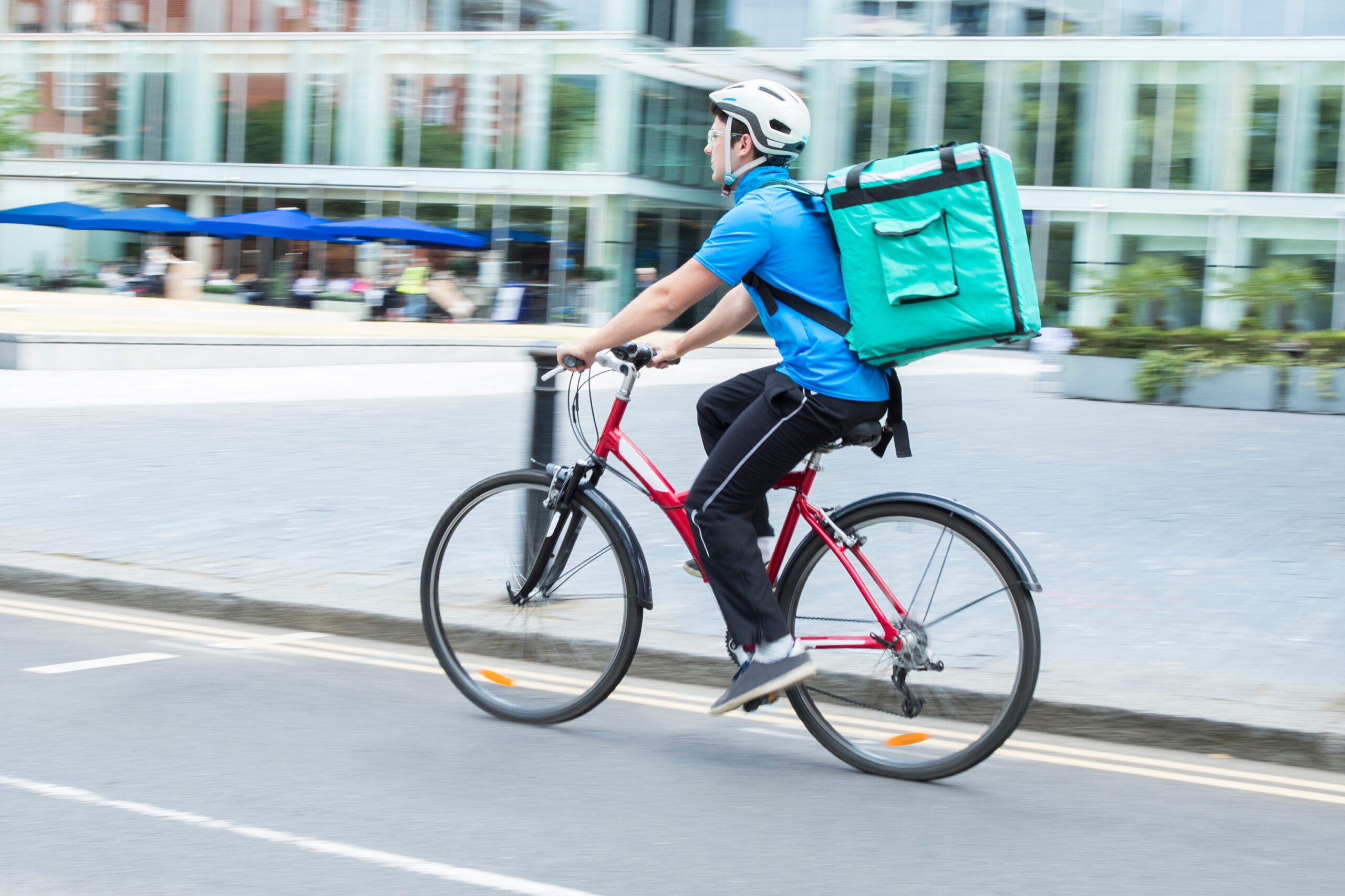As London shoppers put cost ahead of convenience Christmas looks set to be a cold one for rapid delivery and quick-commerce firms, according to information technology company NTT DATA.
In the past 18 months, investors have put vast sums of money into the Q-commerce app market. To recruit customers, the apps have delivered discounts and big market campaigns. The pricing of food on these apps has been subsidised in a bid to capture as many consumers as possible, while returning a profit has only been a secondary concern to these businesses.
The business strategy has proved successful too, as 37% of Londoners have used rapid-delivery apps, split in to:
- 26% of Londoners have used 10-minute rapid-delivery apps, such as Gorillas or Dija
- 11% of Londoners have tried 60-minute delivery apps such as Chop Chop and Tesco Whoosh
However, new research from NTT DATA UK&I has found that, as food inflation pushes up prices, convenience is playing a second fiddle to cost in the capital. Its study found 90% of Londoners see cost as one of the biggest decisions for where and when to purchase their groceries.
This is followed by quality, with 79% of Londoners confirming this as a key decision point. While, speed is left behind, with only 17% stating this is a deciding factor on where to shop for groceries.
NTT DATA added as inflation bites, the rapid delivery firms recruitment efforts could all have been in vain. The drop in available venture capital funding cash (especially for tech companies) has rendered these aggressive growth strategies far less viable – meaning that Q-commerce has had to drop the series of powerful incentives and subsidies that gained it such a popular following so quickly.
These apps need customers willing to shop big to make the economics work. With web traffic for Getir – the original Q-commerce provider – Gorillas, and Zapp declining by an average of 19% over the last three months, “it looks like a bleak midwinter for fast delivery services”.
Geoff Lloyd, director of retail at NTT DATA UK&I, said: “As a result of food inflation and the current cost-of-living crisis, consumers are becoming more cost-conscious with their purchases and are prioritising this over convenience. As a result, fewer consumers are now willing to accept the higher cost that comes with the Q-commerce model, whether it is through higher pricing of products, or additional costs they need to pay for delivery to their doorstep.
“As funding stagnates and introductory offers start to disappear, consumers are likely to decide that the convenience is not worth the cost and will move away from these applications. There is a huge opportunity here for legacy retailers and grocers to gain back market share from the Q-commerce challengers and increase sales during this time, as the current economic climate is altering consumer buying behaviour.
“By using data to help improve deals and targeted offers as part of loyalty programmes, supermarkets can gain the upper hand and increase margins during this difficult retail period.”









